A stress free transition to kindergarten
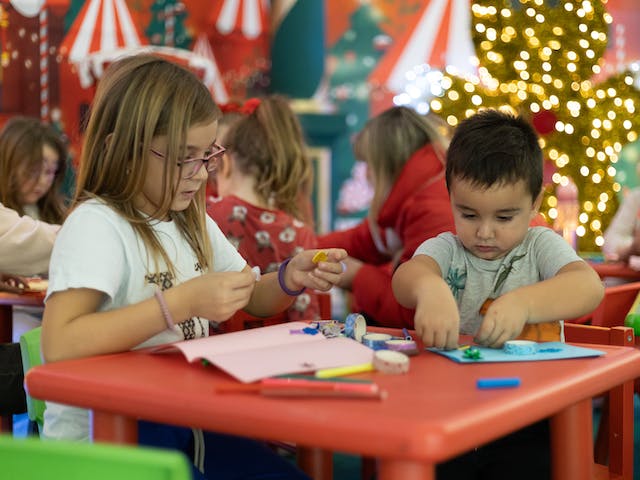
The preschool year is coming to an end. For many parents, it’s the bitter-sweet, excitement-n-fear of saying goodbye to an extended school-family and embarking on the next adventure of “big school”. And it’s definitely not your grandmother’s kindergarten with lots of free play, messy art projects that have little resemblance to identifiable creations, rest-when-you’re-tired nap mats, and wild recess games. Yes, kindergarten looks a lot more like first grade, maybe even second.
Getting ready for kindergarten might feel very scary, especially to parents. The internet is filled with funny stories of parents getting surprising reports from their child’s kindergarten teacher: he talks when he should be listening, she doesn’t finish her work, his favorite time of day is recess. Oh no, was that child not ready? Not prepared?
What do all parents want from kindergarten teachers? That their children will be loved, appreciated, supported, taught new and essential things, and helped while taking this giant step into an exciting new world. Kindergarten teachers are a unique and extraordinary teachers, with big hearts, open arms and a gift for wonder and magic.
No one can completely prepare for every aspect of starting “big school”. Some preschools will over-prepare the academics sending forth gifted young children who fall apart when someone takes their bucket on the playground. Other preschools will have celebrated your child’s individuality and creative streak, leaving your child confused about new right-answer norms. As Pete the Cat would say, “it’s all good” because it’s all about growing and learning. And every child brings unique strengths, talents and personalities to the first day of school.
The first step in parent-preparation for big school is to step back from fear, worry, and defensiveness. Be ready for the grand adventure. There will be blips, surprises, and uncertainty. Your child needs to know, feel and believe he is enough. He is ready. Success is not mistake-free, emotion-free. Success is learning and growing. Confidence isn’t always being right. Confidence is knowing “I can do this” and my parents and my teachers are here to help me.
Everything your child needs to know to start kindergarten is part of every day parenting:
• Independence: Be sure your child has lots of age-appropriate responsibility at home from getting dressed to helping with chores (that will also help with following directions). Also, let your child decide how to solve everyday problems for himself without whining or feigned helplessness – e.g. cleaning up spilled milk or repairing torn books.
• Self management: Managing emotions, postponing gratification, accepting limits (“no” and “not now”), controlling impulsivity are huge demands placed on children as they grow. They can only learn these through trial-and-error and lots of practice. So it isn’t fair to experience these demands at school first. Teach problem solving choices now by playing “self management” games with your child now: red light-green light, I Spy, Simon Says, or taking turns and not always winning at board games.
• Rich experiences with math and reading: Kindergarten children are beginning to read, write, tell stories, and solve math problems. The best way for them to understand math and literacy concepts is through practical meaningful experiences – counting place setting at the dinner table, comparing block towers, sequencing story events or reading address numbers on their street, reading menu’s, and reading love letters from grandparents. Remember though that a “love of learning” is as essential as the skills learning so no drill-n-kill, no panic over late-blooming skills. Research does suggests a strong correlation between board games and math achievement so relax and play together.
This relax and play attitude is also essential when building those much desired fine motor skills. Impatience can be detrimental to fine-motor late-comers who may need more time practicing with tweezers, eye droppers, rolling play dough, using toothpicks for snacks, or playing Hasbro’s Operation game.
Read these recommendations for specific examples to include in your new ready-for-school activities. Most of all, engage your child in conversation and thinking this summer. Less play at school just means more wonderful play at home. It’s easy and fun!
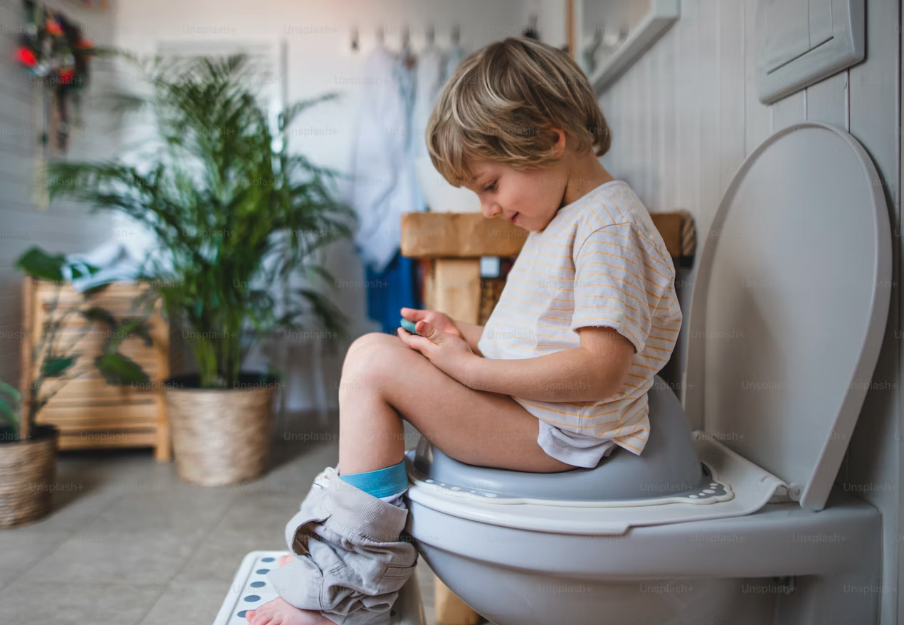
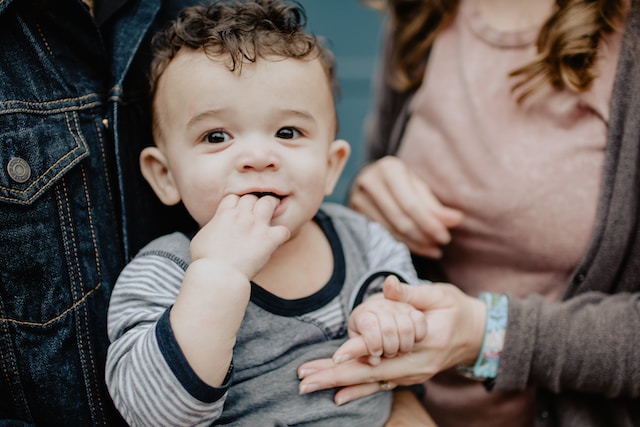
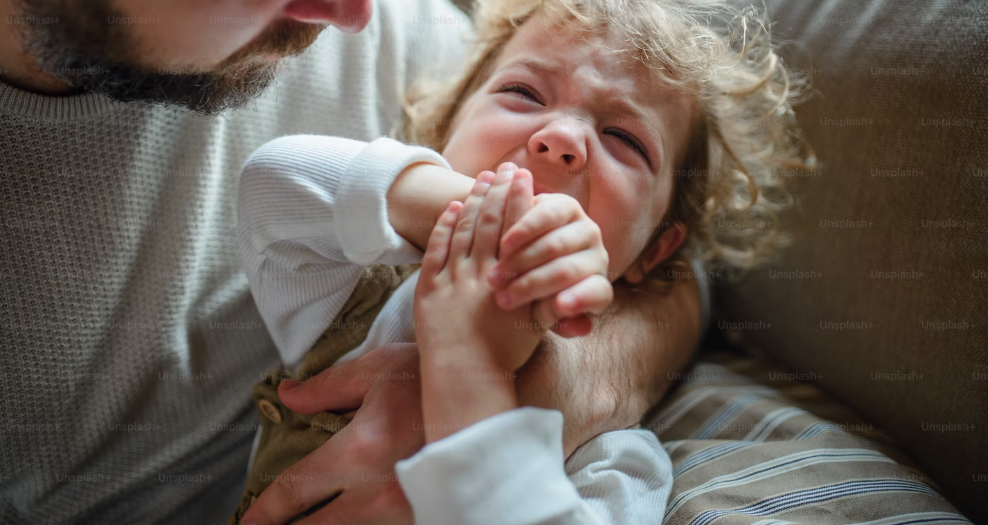
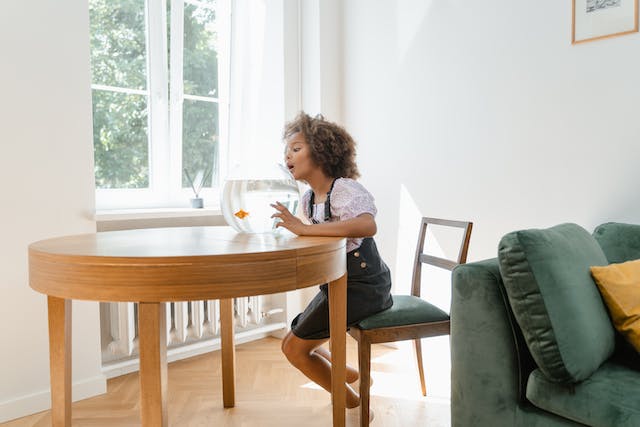
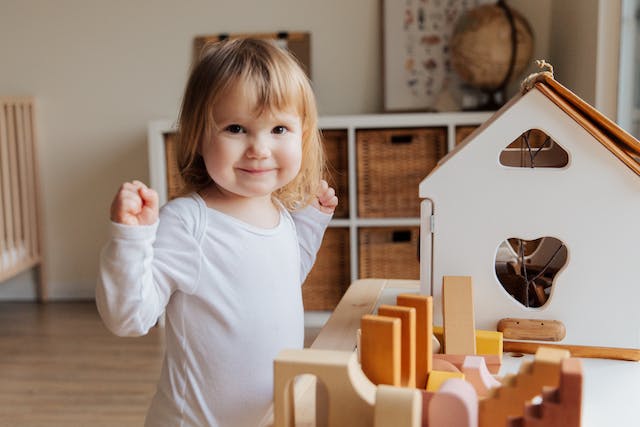
Follow Us
Join the conversion. Make sure to follow us on our social platforms for the latest content and FamilyTime news.